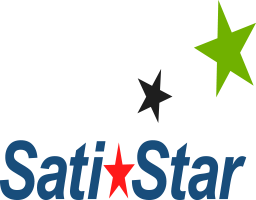ITIL Foundations Certification
Overview
IT service management (ITSM) is a discipline for managing information technology (IT) systems, philosophically centred on the customer’s perspective of IT’s contribution to the business. ITSM stands in deliberate contrast to technology-centred approaches to IT management and business interaction.
ITIL® is the only consistent and comprehensive documentation of best practice for IT Service Management. Used by thousands of organizations around the world, a whole ITIL philosophy has grown up around the guidance contained within the ITIL books and the supporting professional qualification scheme.
Approach
Using a workshop venue this course will cover the 5 disciplines comprising the ITIL IT Service framework:
- Service Strategy
- Service Design
- Service Transition
- Service Operations
- Continual Improvement
The instruction is directed at preparing students to pass the Foundations ITIL Foundations Certification exam.
What You Will Learn
- Service Strategy: The Service Lifecycle focused on customer outcomes and the companion process elements that follow.
- Service Design: Guidance on the production and maintenance of IT policies, architectures, and documents for the design of appropriate and innovative IT infrastructure service solutions and processes.
- Service Transition: Process activities for the transition of services in the operational business environment needed to manage change, risks, delivery mechanisms and the support of ongoing operational services.
- Service Operation: The control activities to achieve operational excellence on a day-to-day basis.
- Continual Service Improvement: Focusing on the process elements involved in identifying and introducing service management improvements, and the issues surrounding service retirement.
- Techniques for passing the Foundations Exam
Training Outcomes
This course is primarily targeted IT professionals.
WHAT PEOPLE ARE SAYING
SatiStar's Experience Makes The Difference!
